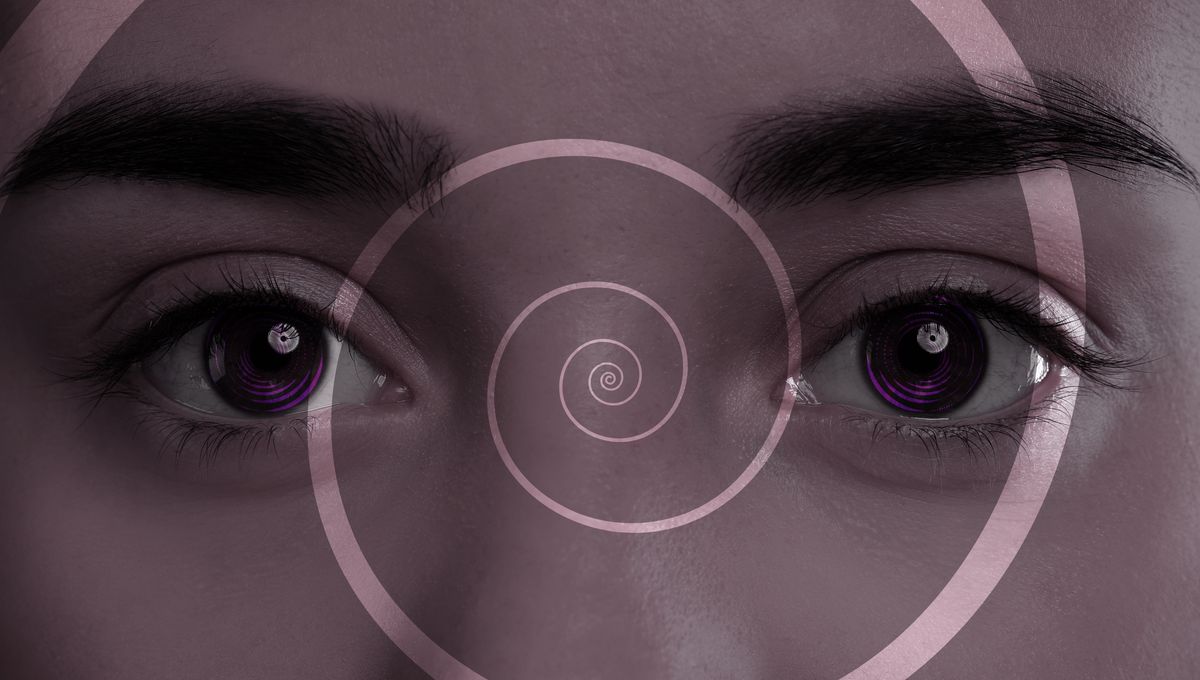
Hypnosis is a legitimate tool that can be used as part of treatment for various psychological conditions, but not everyone is susceptible to being hypnotized. In fact, only around 15 percent of adults are considered “highly hypnotizable”, although scientists may have just found a way around this: A short session of mild electrical brain stimulation is seemingly all that’s needed to make someone easier to hypnotize.
“We know hypnosis is an effective treatment for many different symptoms and disorders, in particular pain,” said lead study author Afik Faerman in a statement. “But we also know that not everyone benefits equally from hypnosis.”
Contrary to what you’ve seen in the movies, a session of hypnosis should not involve falling asleep, nor are you likely to see any swinging pocket watches. Instead, being hypnotized means entering into “a state of highly focused attention,” explained senior author David Spiegel, professor of psychiatry and behavioral sciences at Stanford University.
As well as a body of evidence suggesting that hypnotherapy can be beneficial in dealing with pain, some research has indicated a potential benefit for conditions like irritable bowel syndrome, anxiety, and addiction. While there is still limited scientific evidence to back up some of these claims, hypnosis is a generally safe addition to other treatment regimens, so allowing access for people who would otherwise not be able to benefit from this option may be a good thing.
The thing is, hypnotizability was thought to be a stable trait in each individual – not something that could be easily changed.
Previous work by Spiegel and colleagues uncovered the changes in brain connectivity in highly hypnotizable people that could explain how they’re able to enter into a state of extreme concentration. There’s also some recent evidence to suggest that there’s a genetic component to hypnotizability, and a long-term study found that susceptibility to hypnosis remained stable over a 25-year period.
But Spiegel enlisted the help of Nolan Williams, an expert in non-invasive brain stimulation, in the hope that this technology could be the key to altering the unalterable.
Eighty people with fibromyalgia, a chronic pain condition, were recruited for the study – but those who were already highly hypnotizable were excluded, leaving only the trickiest customers behind.
Half of the subjects received a short session of transcranial magnetic stimulation. Paddles held to the scalp delivered electrical pulses to specific areas of the brain, which were predetermined from the patients’ own brain imaging data. In this case, only 92 seconds of stimulation was applied: two 46-second bursts, directing 800 pulses of electricity at the left dorsolateral prefrontal cortex.
The other half of the subjects got a sham treatment, where everything looked the same but no electricity was actually generated.
The participants who had received the stimulation were assessed immediately afterward, and they showed a significant increase in their hypnotizability scores.
“We were pleasantly surprised that we were able to, with 92 seconds of stimulation, change a stable brain trait that people have been trying to change for 100 years,” said Williams. “We finally cracked the code on how to do it.”
The researchers now want to see if this effect is dose-dependent – that is if more stimulation leads to a bigger increase in hypnotizability. The effect seems to last for about an hour, but Faerman believes that is ample time for someone to be able to reap the benefits of a session of hypnosis.
“As a clinical psychologist, my personal vision is that, in the future, patients come in, they go into a quick, non-invasive brain stimulation session, then they go in to see their psychologist,” he said. “Their benefit from treatment could be much higher.”
The study is published in the journal Nature Mental Health.
Source Link: Just A Little Light Brain Stimulation Could Make You More Hypnotizable